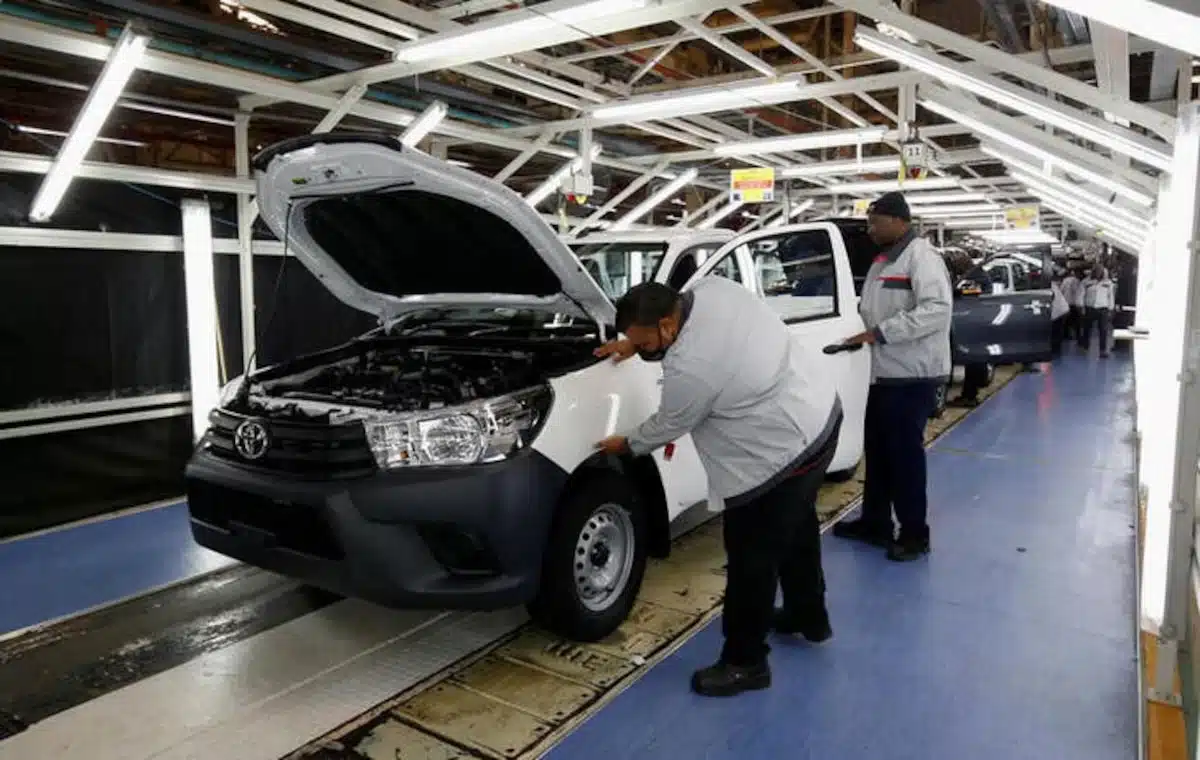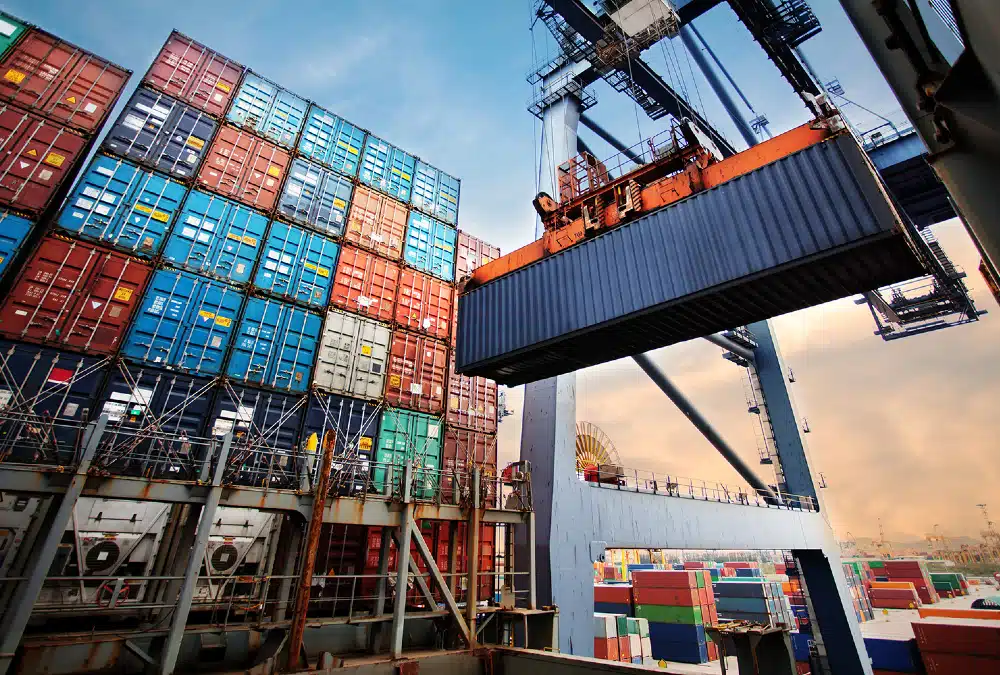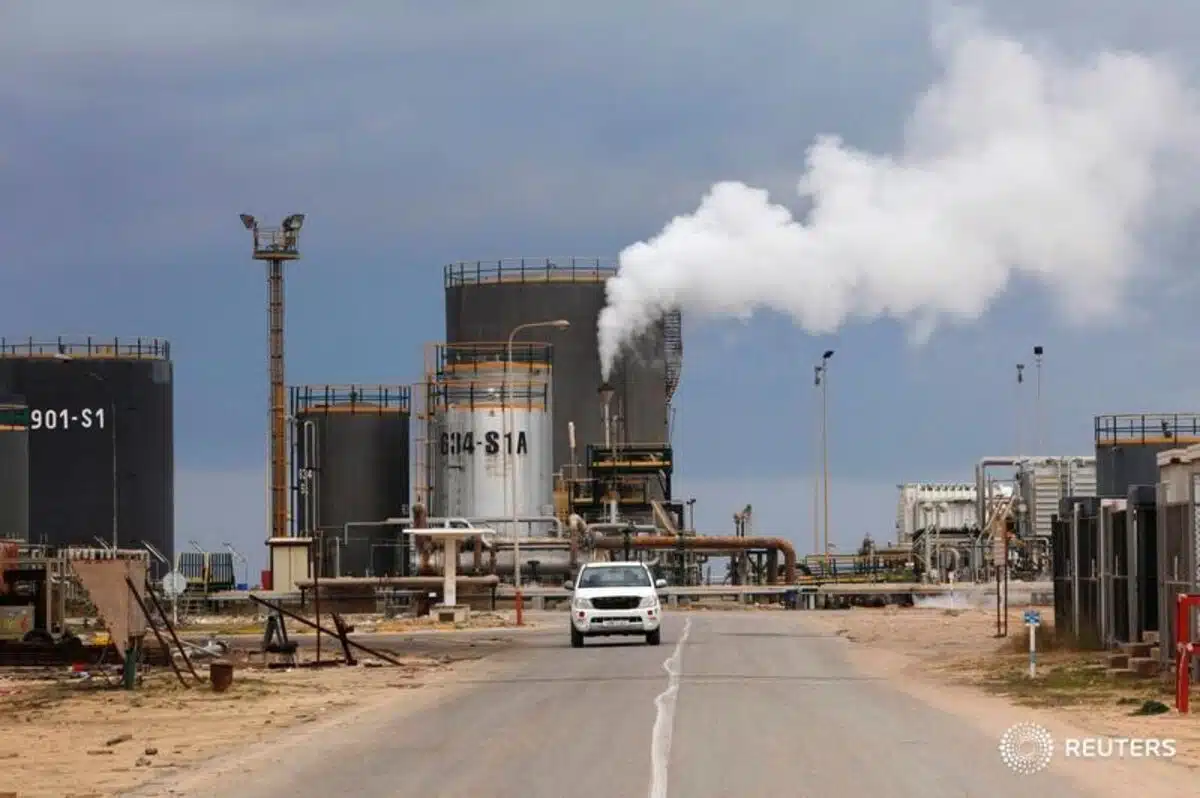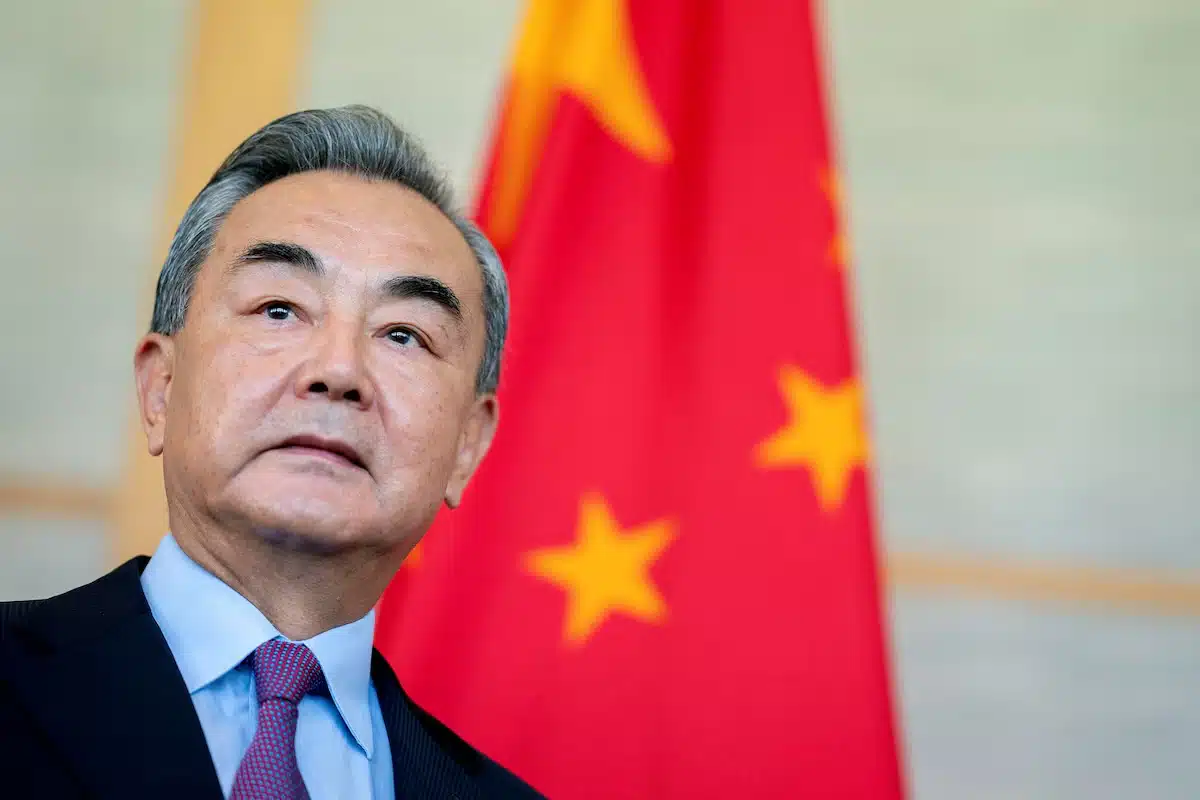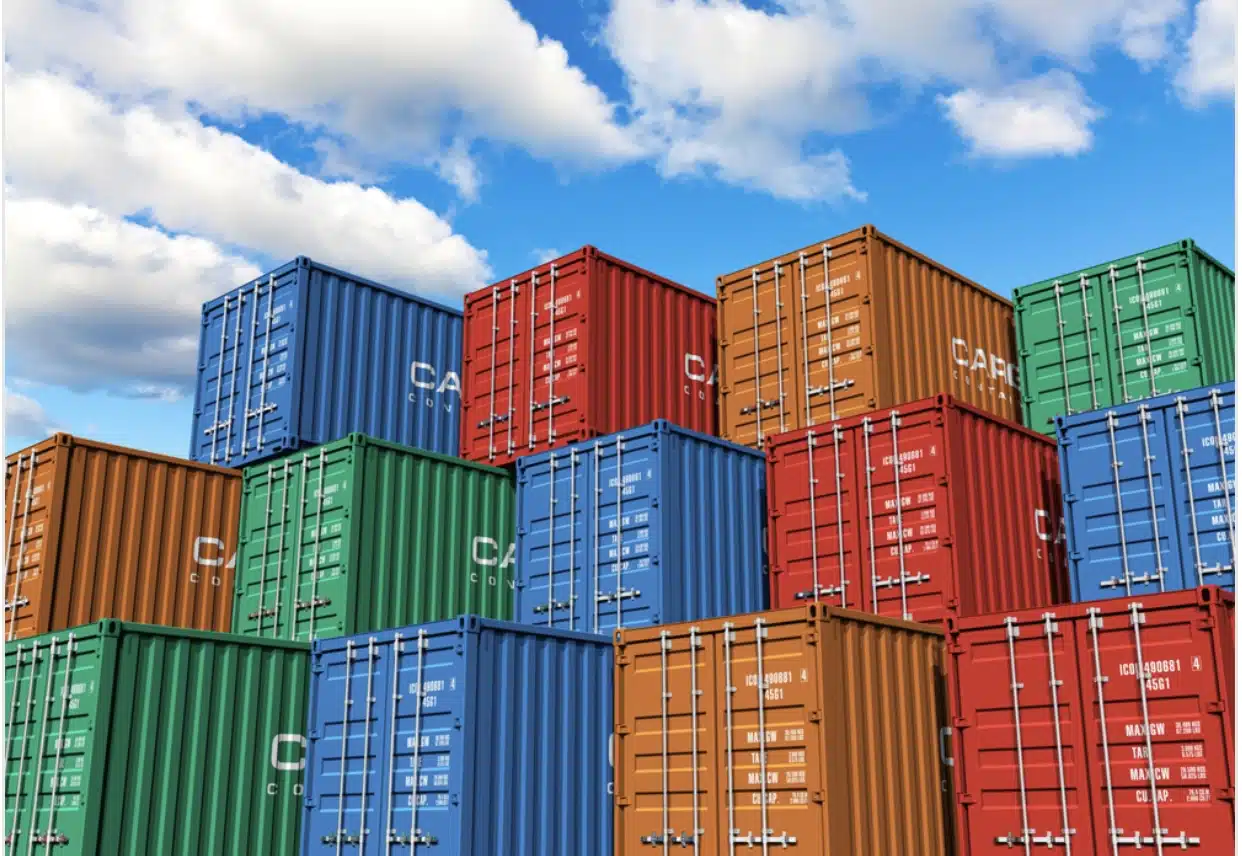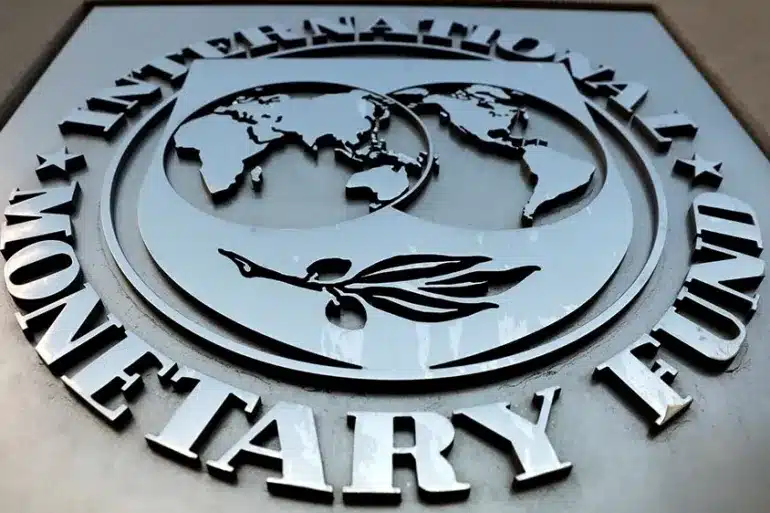South Africa has announced plans to scale up its search for alternative export markets after the US imposed punitive tariffs that threaten to worsen the country’s unemployment crisis and derail growth in key industries.
US President Donald Trump, on Thursday, imposed a 30% tariff earlier on South African goods entering America—the highest rate levied on any African nation under his new trade policy, which takes effect from August 7, 2025.
This tariff, in addition to a 25% duty on automotive imports announced in April, has intensified pressure on the country’s two largest export sectors: agriculture and manufacturing.
“In the coming months, we will be scaling up our trade missions into new markets in Africa and beyond,” President Cyril Ramaphosa said in his weekly newsletter on Monday.
He also revealed plans to expand the country’s National Exporter Development Programme, an initiative aimed at increasing the number of export-ready businesses.
South Africa is the second-largest exporter to the US in Africa after Nigeria. According to data from the South African Revenue Service, America was the country’s second-biggest export destination in 2024, accounting for $8.8 billion worth of shipments.
The new US levies come at a particularly vulnerable moment for South Africa.
Lesetja Kganyago, the central bank governor, warned in July that more than 100,000 jobs in the auto and agriculture sectors were at risk due to the trade restrictions.
The country is already battling one of the highest unemployment rates in the world, with weak growth projections adding to its woes. One of the early casualties is Jendamark Automation, a Gqeberha-based engineering firm that supplies machinery to the auto industry.
The company reportedly lost contracts worth R750 million ($41.6 million) due to the US tariffs, according to a local media report published Sunday, citing managing director Siegfried Lokotsch.
The government has maintained it is still engaging Washington on the trade measures. “All channels of communication remain open to engage with the US,” said Ramaphosa.
South African exports, including citrus, wine, and cars, have long benefited from duty-free access to the American market under the African Growth and Opportunity Act (AGOA), a trade pact signed over two decades ago, designed to boost US-Africa commerce.
But the Trump administration’s sweeping tariff overhaul has cast fresh uncertainty over AGOA’s future.
Earlier this month, AgriSA, the country’s largest agricultural lobby, said the tariffs would immediately hurt South Africa’s R35 billion ($1.9 billion) citrus industry as they coincide with the peak of the picking season.
Wandile Sihlobo, chief economist at the Agricultural Business Chamber of South Africa, said in a statement on Monday that while market diversification is necessary, it is no substitute for access to the US
“Diversification should not be viewed as a replacement for the US, but as part of the long-standing focus on export expansion and growth strategy for the South African agricultural sector,” he said.
NB: The exchange rate 18 Rand per $1 as of August 4, 2025 was used for all conversions in the story.

